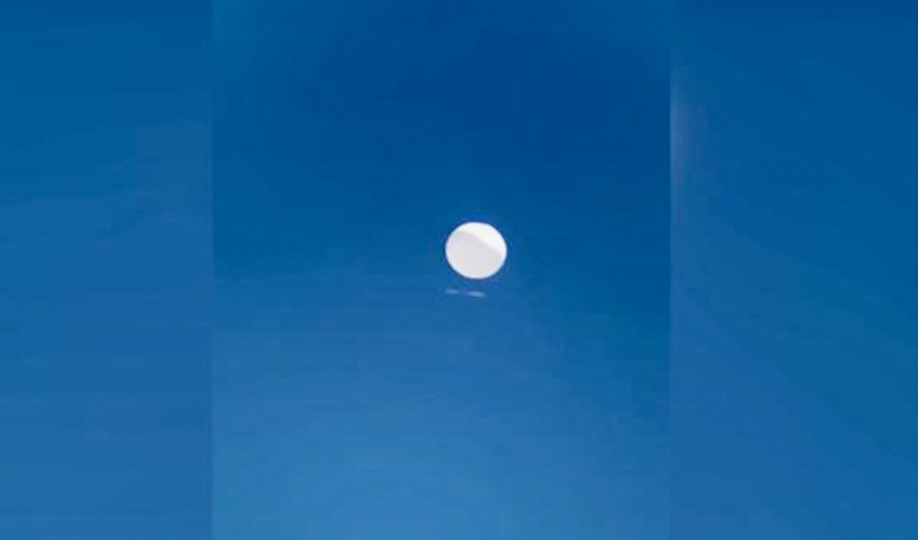BADER ALBANWAN WRITES – Early last month the Colombian Air Force detected a suspected Chinese spy balloon floating approximately 55,000 feet in its airspace.
Unlike the spy balloon in the U.S., which provoked the Biden administration to order an F-22 Raptor from Langley Air Force Base, Virginia, to be shot down, the Colombian Air Force did not take such action.
The Colombia Air Force released a statement to this effect: “Through defense systems, the Colombian Air Force tracked the object until it left [Colombian] airspace. In this way, it was determined that it did not represent a threat to national security and defense, as well as to aviation safety.”
Bogota does not have strong political relations with Beijing, and experts who have studied the relationship have concluded that Bogota is more interested in maintaining warm ties with the U.S. Nevertheless, to avoid potentially antagonizing China, Colombian authorities may have determined that it was best not to shoot down the balloon.
Experts also believe that Colombia and other Latin American nations are generally reluctant to become involved in U.S.-Sino relations. “The live and let live attitude in Latin America once against demonstrated the region’s disinterest in wading into great power competition. For much of the region, after all, economic relationships with China are too important to let a balloon cast asunder,” writes Margaret Myers, Director of the Asia and Latin America Program at the Wilson Center.
Meanwhile, Venezuela, Colombia’s neighbor, has shown itself eager to wade into these relations. Taking a clear side in the heightening geopolitical tensions between China and the U.S., Venezuelan authorities denounced U.S. actions “against an unmanned civilian aircraft of Chinese origin.” In recent years, Caracas and Beijing have developed strong political and economic ties. Undergirding the relationship is Beijing’s massive demand for oil, which has made Venezuelan authorities wealthy even as most of the nation’s population remains mired in poverty. Nearly 7 million Venezuelans have fled their country since 2015.
Perhaps the harshest response to the incident came from Rodrigo Chavez, Costa Rica’s president. According to Chavez, the incident “generated stress in geopolitical relations.” Shortly afterward, the Chinese Embassy issued a formal apology, insisting that the balloon was for scientific purposes and not spying. U.S. authorities first spotted a Chinese spy balloon in Costa Rican air space on Feb. 3.
Beijing was likely grateful for the tepid response in Latin America, recognizing how far it could go before regional governments would begin to openly and forcefully express their anger.
As late as Feb 6, Chinese Foreign Ministry spokesman Mao Ning continued to deny that the balloon was used for spying purposes. “Affected by weather and due to its limited self-control ability, the airship severely deviated from its set route and entered the space of Latin America and the Caribbean by accident,” Mao said. “China is a responsible country. We have always strictly abided by international law. We have informed all relevant parties and appropriately handled the situation, which did not pose any threats to any countries.”

